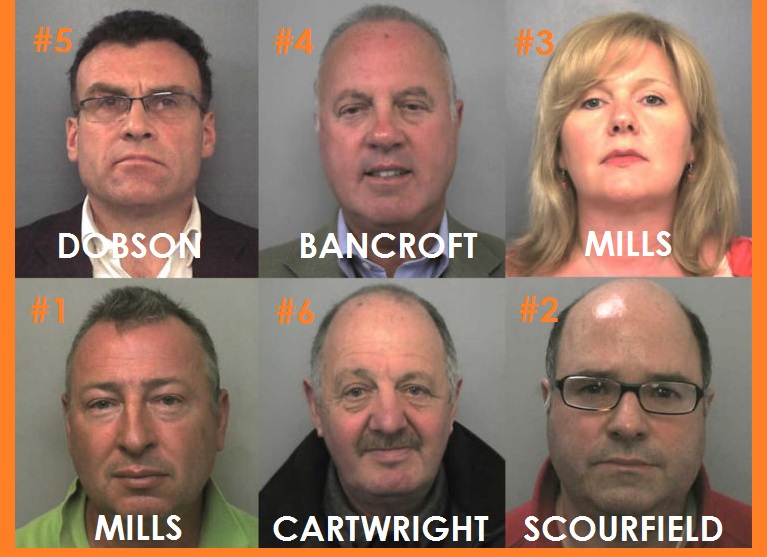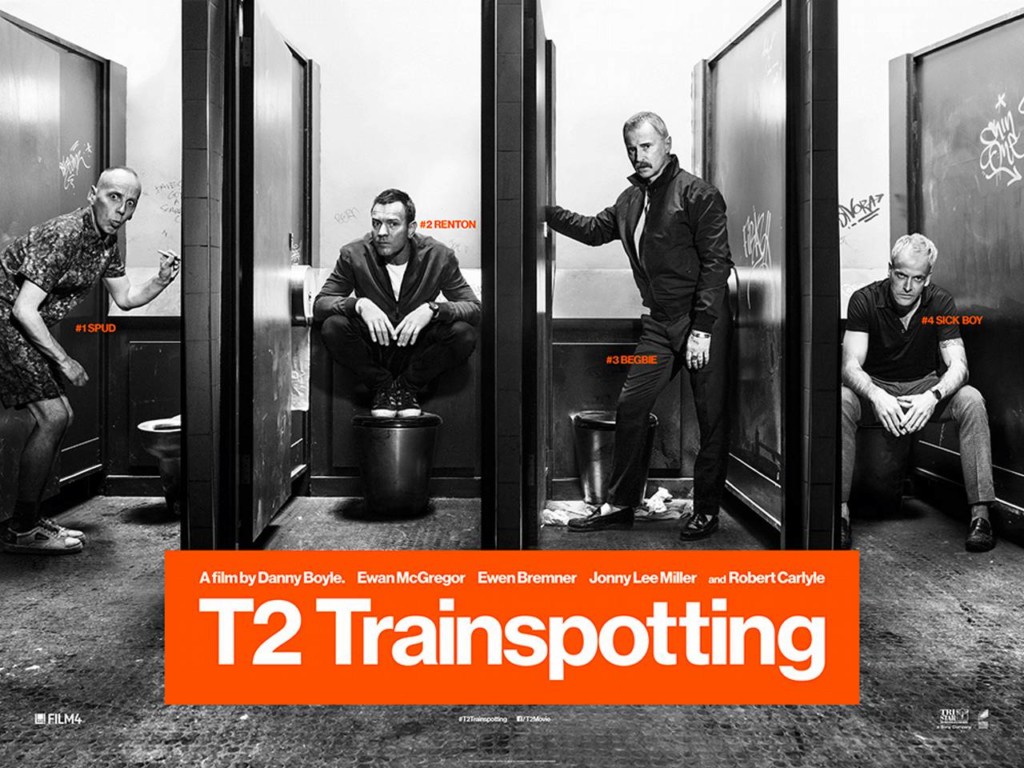HBOS scam, stranger than fiction
Dominic Thomas
Feb 2017 • 4 min read
HBOS scam, stranger than fiction
Yesterday I wrote about Venture Capital Trusts and explained that any business is reliant upon its management. You might recall my use of the new Trainspotting film T2 as an illustration of poorly suited characters for management of any business. If T2 is 20 years on then this must surely be Trainspotting 40 years on…
As is often the case, reality can be stranger than fiction. On 2nd February 2016 there was finally a successful conviction of fraudsters Lynden Scourfield and David Mills. They are guilty of a £245m loans scam. Scourfield was a manager at HBOS, supposedly tasked with helping struggling businesses. He was bribed by David Mills to pressure HBOS business clients to use a business services company called Quayside Corporate Services. Quayside was owned and run by Mills and his wife Alison. Together they set about extracting huge sums in fees from HBOS business clients who were being told that they would lose HBOS support and sources credit finance if they didn’t comply. Many ended up going bankrupt.

Like Characters from Trainspotting…
These three and three others (Mark Dobson, Michael Bancroft and John Cartwright) have finally been sentenced to prison, having spent huge sums on all the typical cliché trappings, all evident in both Trainspotting films. They ruined various businesses, who were trapped within the Bank, who issued fairly standard penalties which evolved into eviction notices with employees of the bank deceiving their own internal systems which then kicked in to the normal processes for how to handle a failing business (which you can imagine). Under pressure people do strange things, and a number of the business owners that were scammed, gave away control and or ownership of their own businesses. However this appears to be largely due to the complexity of the scam and a classic confidence trick, regularly reassuring the HBOS customers that the Bank was agreeing their finance.
Ripped off Businesses that were ruined
This is a deeply disturbing case of a major bank failing to understand that its own staff were scamming its customers. According to reports, the scam may have amounted to around £1bn, although official reports suggest £245m, all over a 4-year period between 2003-2007 (just before the credit crunch). Thankfully the six involved, have been rewarded with a collective 47 years and 9 months in prison. You may recall that HBOS was rescued by Lloyds TSB having notched up £45bn of bad debt and at one point it was reliant on a £25bn lifeline from the Bank of England. Well done Thames Valley Police.

